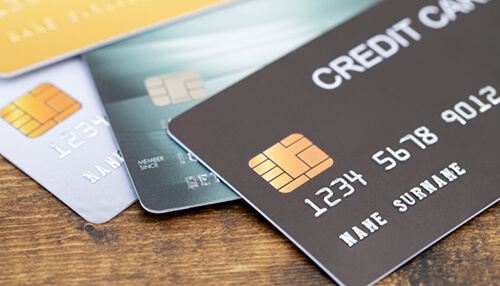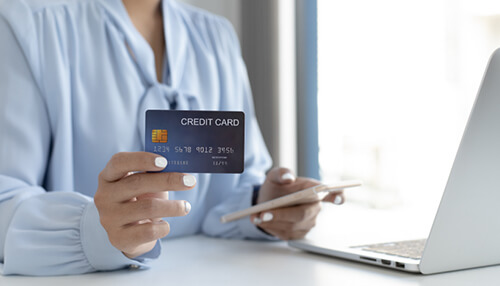Borrowing finance from regulated lenders can sometimes be a lifesaver, especially in emergencies. If you’re faced with a financial crisis, you might look at taking out a payday loan to see you through. There are also other forms of finance that can help you in your time of need, such as credit cards. There are many benefits of a credit card, and some people prefer them over any other finance. They’re super easy to use and allow you to control how much you spend. However, there are some questions you should ask yourself before getting one, so here are the top 5.
1. What Will I Be Using It For?
The first thing to consider is what will you be using it for. You might be wanting one to purchase a one off, large expense as a credit card will mean you can pay it off slowly. Some people choose to use credit cards instead of their debit cards. They pay for everything on the credit card and then pay it all off in one go at the end of the month. Doing this can help you to improve your credit score and provides an extra layer of security when buying online. Using it for one large purchase can be beneficial, but make sure that it’s not too big that you won’t be able to easily pay it off. The longer you keep the debt on your credit card, the more interest will be added, pushing your total repayment up. Try to plan what you’re going to use the credit card for so that you can keep your debt to a minimum and make the best use of it.
2. Are The Interest Rates Worth It?
One thing to check when you apply for a credit card is the interest rate. Some lenders offer a 0% credit card rate for the first 12 months, but then you want to make sure that after that it’s not crazily high. It’s a good idea to check the fine print of your interest rates so you know if they’ll increase, how much by, and when. You should also find out any extra charges that may be added too, such as late fees. Although you want to do your best to pay it off on time, sometimes late payments can’t be avoided. Making sure that they aren’t extortionate will help you keep your debt to a minimum. Interest can add a lot of extra money to a credit card that will need to be repaid, so don’t rush into it head first without confirming every detail about the interest rates.
3. Can I Afford To Pay It Off?
If you know what you’re going to spend your credit card finance on, you need to think about your affordability. Typically, credit cards will require a repayment once a month and they’ll have a minimum set amount. However, you can pay more than the required amount so you’re not stuck paying it off for years if you can afford to clear it sooner. But you need to be certain that you’ll definitely be able to afford the minimum payments each month so you can avoid any extra charges being added to your account as late fees. It might seem like you’re only using it for small expenditures, but these can soon add up and create a large debt that needs to be paid off.
4. Which Lender Is Best?
There are thousands of credit card providers out there, so you want to make sure you’re going with the one that’s right for you. First of all, you must go with a reputable lender. If they ask for payments up front or before you even make an expenditure on the credit card, they’re probably not that legitimate. Do some research and don’t fully commit to a lender until you’re 100% sure. Most banks offer credit cards too, so if you’re unsure on a few pointers, you can easily pop into a branch and discuss their credit card process with them. Checking all of their terms and conditions is a good way to be sure you’re going with the right lender too. If there’s points you don’t agree on or you feel may cause you to be worse off in the long run, it’s probably best to look elsewhere.
5. What Is My Credit Score?
Your credit score is one of the deciding factors in whether or not you’re approved for a credit card. Your credit score builds up over time and will demonstrate to the lender that you’re likely to pay it off and aren’t a risk to lend to. A low credit score can be cause by late repayments for other bills or finance that you have, so a lower score can suggest that you aren’t likely to repay the finance that you borrow. If your score isn’t great, there are lenders who might still approve you for a credit card, but the interest rates might be a lot higher. Using a credit can potentially help improve your credit score too. With regular repayments, you could really see a difference within a year.
Credit cards aren’t for everyone, but they’re so simple to use that their popularity never really wavers. With their flexible repayments, many people prefer them to a loan and like that they can control how much they spend. If you’re interested in a credit card, be sure to take some time investigating your potential lenders and get to know their Ts & Cs inside and out. This way, you’ll be able to make an informed decision and get access to the finance you need without any detriment to your bank account.



